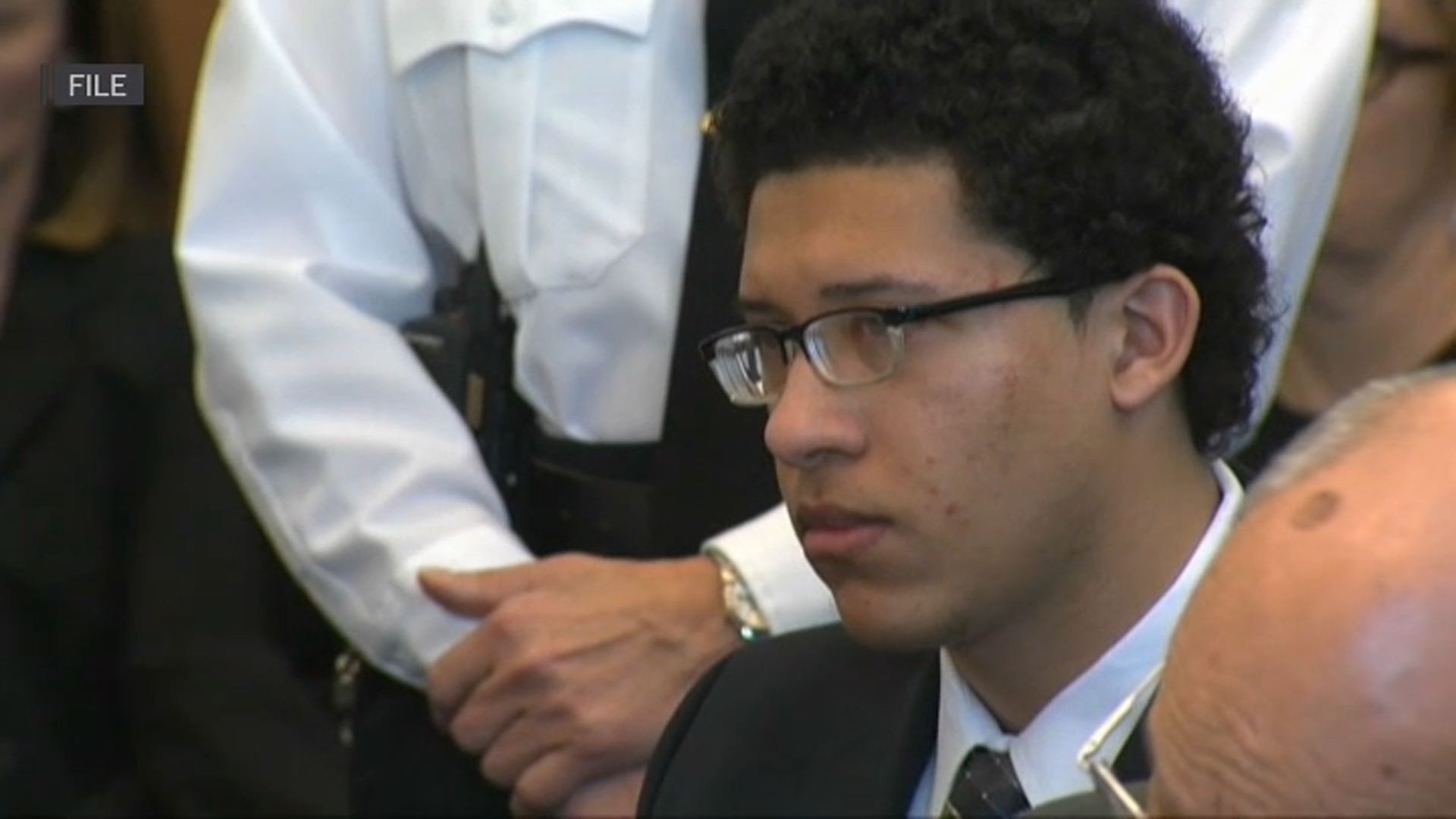Uber and Lyft have proven to be fast-growing and popular alternatives to conventional taxicabs in Boston, Worcester, and many other communities –- but they’ve also generated intense controversy, with cabbies and cab owners calling them illegal competition that escapes all the regulation they spend thousands of dollars to comply with.
Wednesday, attorneys from the state Department of Transportation and Registry of Motor Vehicles convened a public hearing where they took testimony on a plan from Governor Deval L. Patrick to have the Department of Public Utilities license and regulate ride-sharing businesses. Dozens of furious cabbies, however, said Uber and Lyft shouldn’t just be regulated, but run out of the state.
“Just because they have money, they can do anything? Shame on your guys. Shame on you!” shouted Chando Souffrant of the Boston Taxi Drivers Association. “They are illegal. They are illegal.’’
But many Uber and Lyft drivers asked for a chance to keep working and to keep providing far better service than taxis ever do. “You guys have no respect,’’ Uber driver Mario Souto said. “The cabs, you call cabs and they wait 45 minutes to come. You call Uber, they come.’’
Meghan Verena Joyce, general manager of Uber Massachusetts, said, “We applaud the governor for putting forth these regulations. It will create a clear and visible regulatory framework.’’ Joyce said the smartphone app and service features make uber very different from a taxi, and so it shouldn't be regulated like a taxi. “There are a whole host of ways that the technology and the system keep you safe in addition to $1 million in liability insurance and a full background check on any driver in the system.’’
One big complaint was that officials waited to have the hearing until the biggest day of the year for the cab business. “December 31st, their busiest day of the year, it basically disenfranchises the most affected constituency, and we think it was done on purpose,’’ said Steve Regan of the Massachusetts Regional Taxi Advocacy Group. “We think the governor is trying to push this through in the waning days of his administration, and it's simply unfair.’’
Cyndi Roy Gonzalez, an assistant state transportation secretary, said enforcing the regulations will require the Legislature to pass a bill giving the DPU new powers to license and regulate car-sharing businesses. It’s unclear when that legislation may ever come up for a vote on Beacon Hill, and it’s certain to face intense opposition from taxi interests and their allies in the Legislature.
Massachusetts
The latest news from around the state
With videographer Daniel J. Ferrigan



